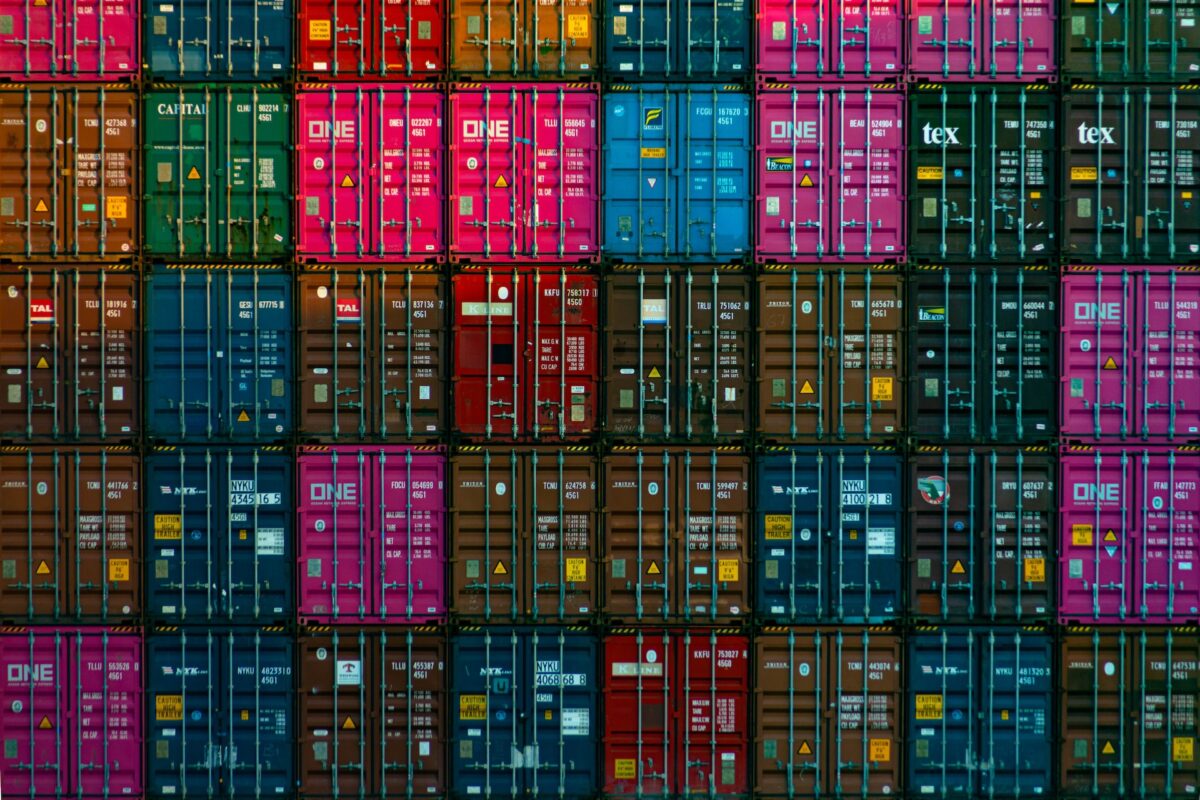Over the past decade, offshore trade in China has been quite restricted due to the strict documentation requirements by the banks for cross-border settlements. Exceptions were only made for companies registered in certain areas under special customs supervision, such as a free trade zone. However, in the recent two years, some restrictions have been eased gradually, which makes it feasible to conduct offshore trade for companies registered in a regular area that is not subject to any special customs supervision.

In December 2021, the People’s Bank of China and the State Administration of Foreign Exchange jointly issued a notice (“Yinfa [2021] No. 329”) to support new forms of offshore international trade. The notice takes effect on 24 January 2022.
The so-called “new forms of offshore international trade” refers to trade between residents and non-residents of China in which goods do not enter or exit China’s (first-line) customs borders or are excluded from the customs statistics, including but not limited to offshore resale (such as intermediary trade or transit trade), global sourcing, overseas contract manufacturing, and overseas procurement for construction contracts.
According to Yinfa [2021] No. 329, banks are encouraged to optimize financial services to facilitate companies to settle cross-border payments arising from new forms of offshore trade. In order to qualify for the offshore trade, on the one hand, companies shall have superior forex ratings. In specific, only companies classified as Category A in the Foreign Exchange Administration Classification for Trade in Goods are allowed to settle cross-border transactions for new forms of offshore international trade. On the other hand, the transactions shall be genuine, lawful, and commercially rational and logical.
We suggest carefully reviewing the trade mode and consulting with the local banks in advance before conducting the offshore trade.
How can we help you?
Eloise Yao
Director

